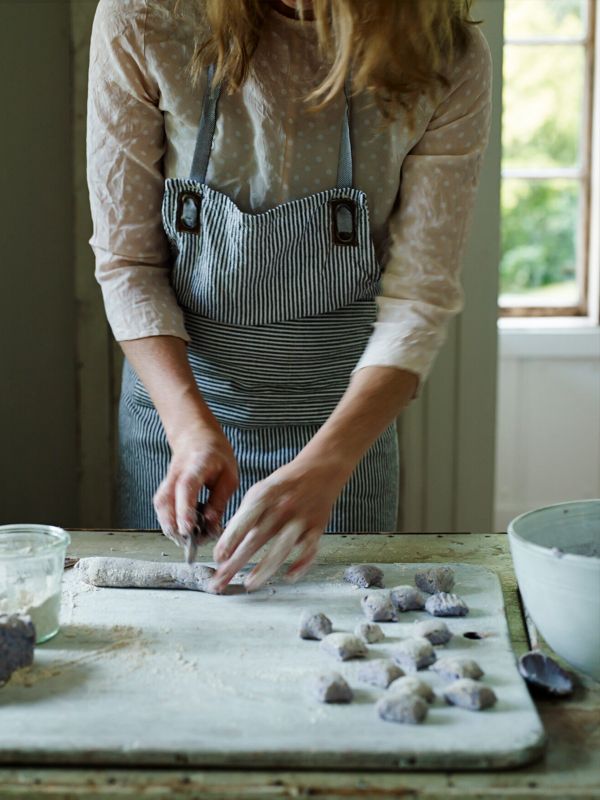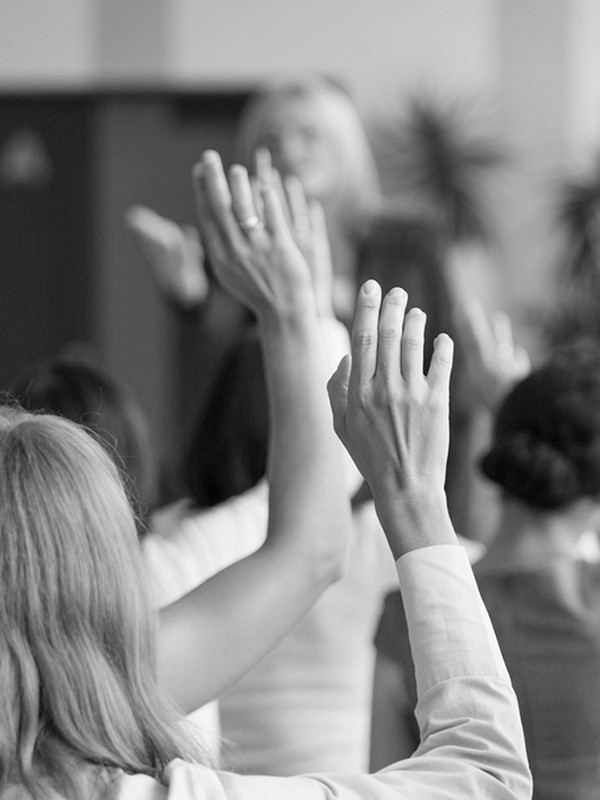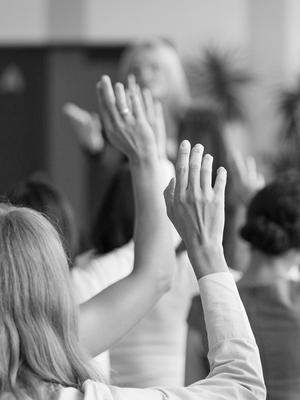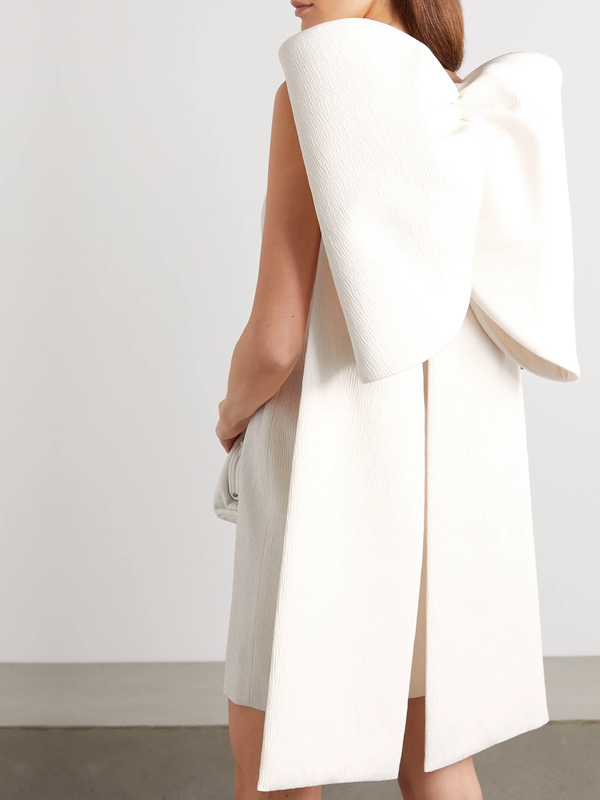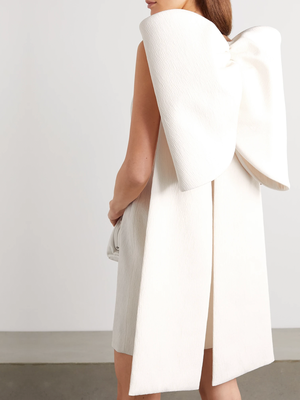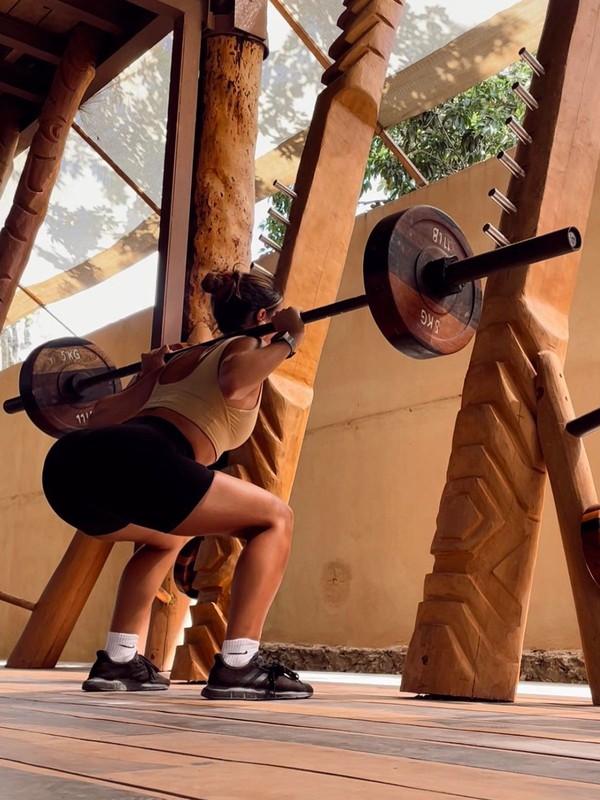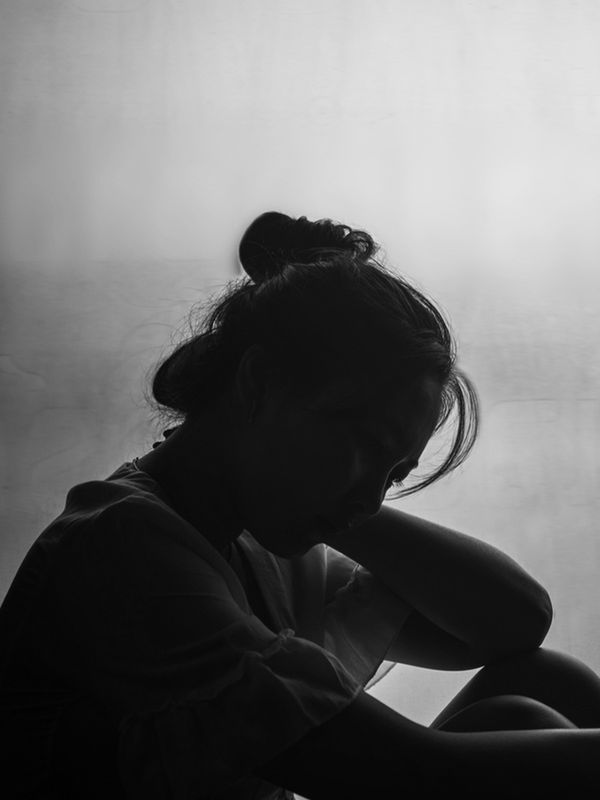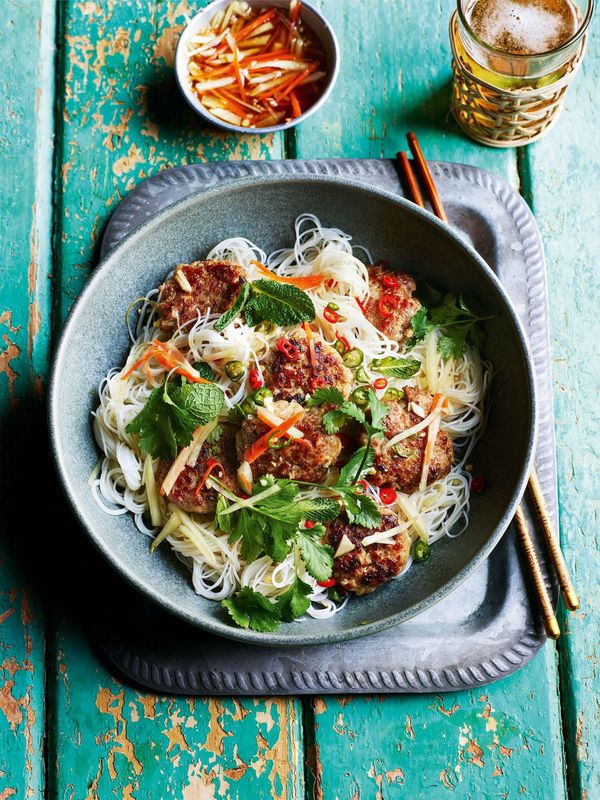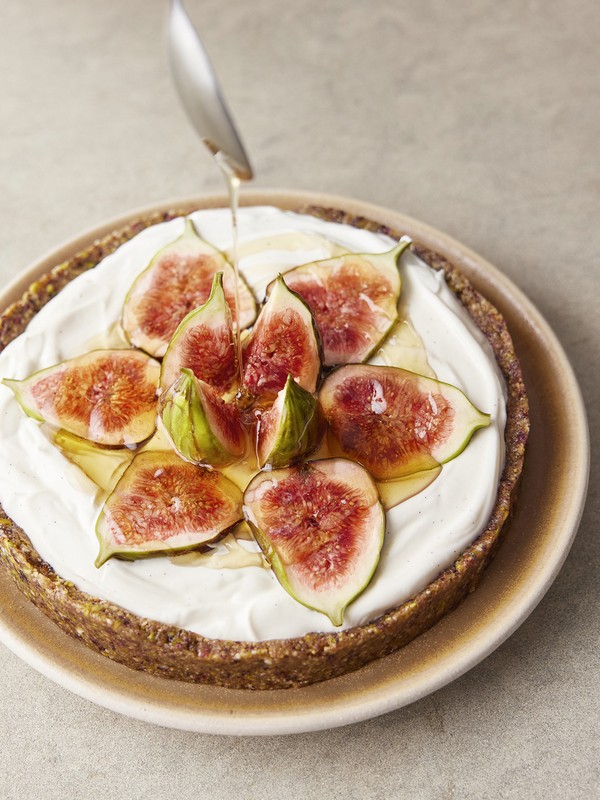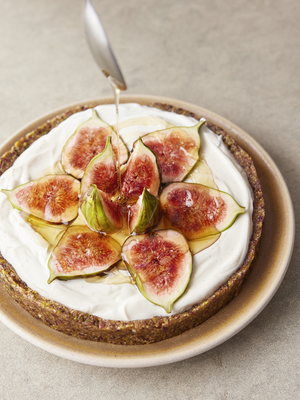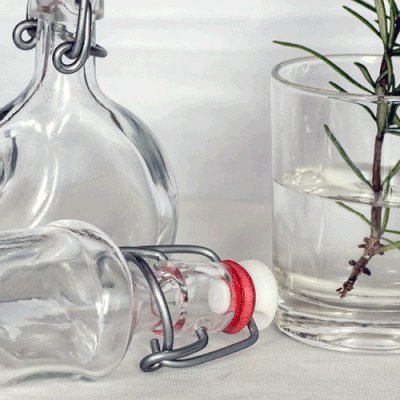
Should We Stop Drinking Water From Plastic Bottles?
The world is desperate for us to start adopting safe-to-use, reusable plastic. Go into the home section of your favourite supermarket, and you’ll no doubt see reusable bottles and lunchboxes screaming ‘BPA FREE!’ from their spot on the shelf. And with good reason – environmentally and economically, drinks stored in plastic bottles are harmful, but more than that, we've been warned time and again that their USE could be detrimental to our health. A new test on several major brands of bottle water have found that nearly all of them contained tiny particles of plastic.
The research, conducted by Orb Media, examined 259 bottles in nine different countries at the State University of New York in Fredonia. It showed that an average of 325 plastic particles were found for every litre of water sold, each one larger than the width of a human hair. In just one bottle of Nestlé Pure Life, concentrations were as high as 10,000 pieces of plastic per litre of water.
This is by no means the first time we've been given a stark reminder on the dangers of drinking bottles water. Just last year, we were warned that the rate at which the world is currently plastic bottles – around one million every minute – will jump another 20% by 2021, creating an environmental crisis some campaigners predict could be as serious as climate change.
Before that, research published in Environmental International linked low birth weight to drinking from and reusing plastic bottles. The study showed pregnant women exposed to a bisphenol A (BPA) – a chemical introduced into everyday plastics such as food containers in the 1950s – in high doses can potentially lead to low birth weight in newborns. And while there’s no definitive proof of this happening, a Harvard study in 2009 also showed participants' BPA levels increased after just one week of drinking from plastic bottles.
So why hasn’t our obsession with drinking bottled water subsided? Convenience obviously plays a massive part. But the London Mayor Sadiq Khan is hoping to kick-start our break up with plastic bottles in 2018 by teaming up with the National Theatre and Tate Modern to offer free tap water refills as part of the initiative. Costa Coffee and Leon have also signed up for the trial scheme. All outlets will be listed on a free app, so people know where they can stop for a quick, plastic-free gulp of H2O.
Our love of a plastic bottle might well be about the convenience of buying and reusing one. But this new research shows that convenience can’t be put before our health. Plus, there are plenty of alternatives out there – boxed water is now a thing (anyone who follows Jaden Smith on Instagram will know this one – yes, the amount of times he pretends to use boxed water as a phone is way too much, but he’s got the right idea). You can also buy a reusable BPA-free water bottle. And not all of them have to look a tacky squeezy gym bottle – there are some gorgeous designs out there. We’re running out of excuses to keep using plastic bottled water fast. Will this finally be the push we need? Only time will tell.
DISCLAIMER: We endeavour to always credit the correct original source of every image we use. If you think a credit may be incorrect, please contact us at info@sheerluxe.com.
